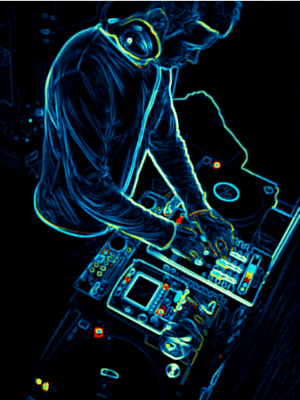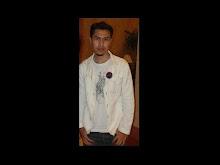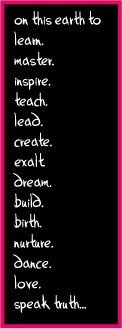Friday, October 24, 2008
soft skills
Monday, October 20, 2008
be realistic...

Be Realistic
Have you ever thought about what you could do, if you really decided to? I'm not merely talking about what your skills, education and talents are capable of. I'm talking about what is really possible for you. There is a very real possibility that you can do virtually anything. Not alone, not with out new information, but certainly within your ultimate grasp. Now many people would say to me, "Syahrul, be realistic. Some things are just not possible." To them I say, a realist is simply a pessimist who doesn't want to admit it . I've never heard a "realist" take an optimistic posture on any topic. They always say, "Let's be realistic." and then go on to explain why your idea can't be done.
In teaching context, we as teacher should be realistic and be realistic here mean that we take into account factors like the content of the lesson-whether it suitable or not to the target audience (pupils), the activities to be carry out- it is interactive enough? Or it is to difficult to the pupils to the activity?, the environment- it is appropriate to do particular activity in that particular place?, teaching aids use- it is big and colourful enough to be used in the classroom? or do I need to modified it?. Thus, we as teacher need to be realistic and always ask ourselves with these kind of questions when we creating a lesson or activity in the classroom so that we can create an effective, interesting and enjoyable lesson or activity to the pupils.
So guys, as teacher-to-be, I encourage you to be realistic, there is no limit to what you can do...
Saturday, October 18, 2008
My FuTuRe CLAssRooM

“We are going to work hard; we are going to have fun doing it; and we are going to do it together. I am very good at what I do, and since you are going to be working in partnership with me, you are going to be good, too”.
These words resonate deeply with me, as I view my own future language classrooms to be a place of community and collaboration. Language learning is the process, and one that depends on others to maximize the communicative aspects of the process. Fostering a feeling of community in the classroom is very important to me, thus the above quote will most certainly be part of my future classroom, if not verbatim as a poster in the class, then in my introduction to students at the beginning of the year.
In order for pupils to feel confident and comfortable in my classroom, an environment must be created that fosters support and respect for all pupils. Language learning involves taking risks, and pupils cannot do this if they feel threatened physically or emotionally. It is here that I assert my goal to prevent bullying in my classroom and to the extent that I am able, outside my classroom as well. Bullying of any nature, physical, relational or other has no place in any classroom, or any school. I will do everything in my power, by pursuing in-services, workshops and additional adolescent psychology classes to make myself more aware and powerful when it comes to preventing bullying. Conveying this stance to my pupils will be extremely important, in words and actions. I will require pupils to be respectful in their interactions with each other and with me from the beginning.
A part from that, classes of the future will be more fun and socially interactive. Discovery learning techniques such as games, maps and small team problem-solving will be used in more and more content areas. Engagement of learners will be increasingly critical to the classroom learning environment - that means higher levels of visual and auditory stimulation, tactile involvement of learners in their learning process, gaming techniques to keep energy and focus high, and peer-to-peer interactivity and shared learning. Done well, this learning methodology will not only engage learners, but will accelerate the learning and increase retention of information and skills.
The classroom becomes high-tech and is equipped with a combination portable music player and television. The design and decor of the classroom will address the complete learning experience accenting comfort and conditions conducive to learning. This welcoming atmosphere will need to be translated to the virtual environment in order to create a pupils community of interest.
moreover, pupils will have their own personal computers. All their work will be project-oriented. Research, exercises, libraries, help and support, personal guidance, assessments and achievements will be accomplished virtually. This will allow each pupil to establish goals, determine the gap and work toward those goals at a pace and commitment in keeping with their needs.
The ever growing computer power will allow the emergence of a new generation of simulators. Using these simulators, any type of activity can be computer simulated (and thus trained). The simulators existing today (e.g. the very expensive professional flight sims) will be reinvented as very affordable, consumer-targeted, personal sims. Schools and universities will be the first to accommodate advanced versions of these simulators, where fundamental research as well as on-the-job learning, will get new meaning.
Basically, that is how my future classroom looks like so that the pupils can have an optimum condition for learning.





